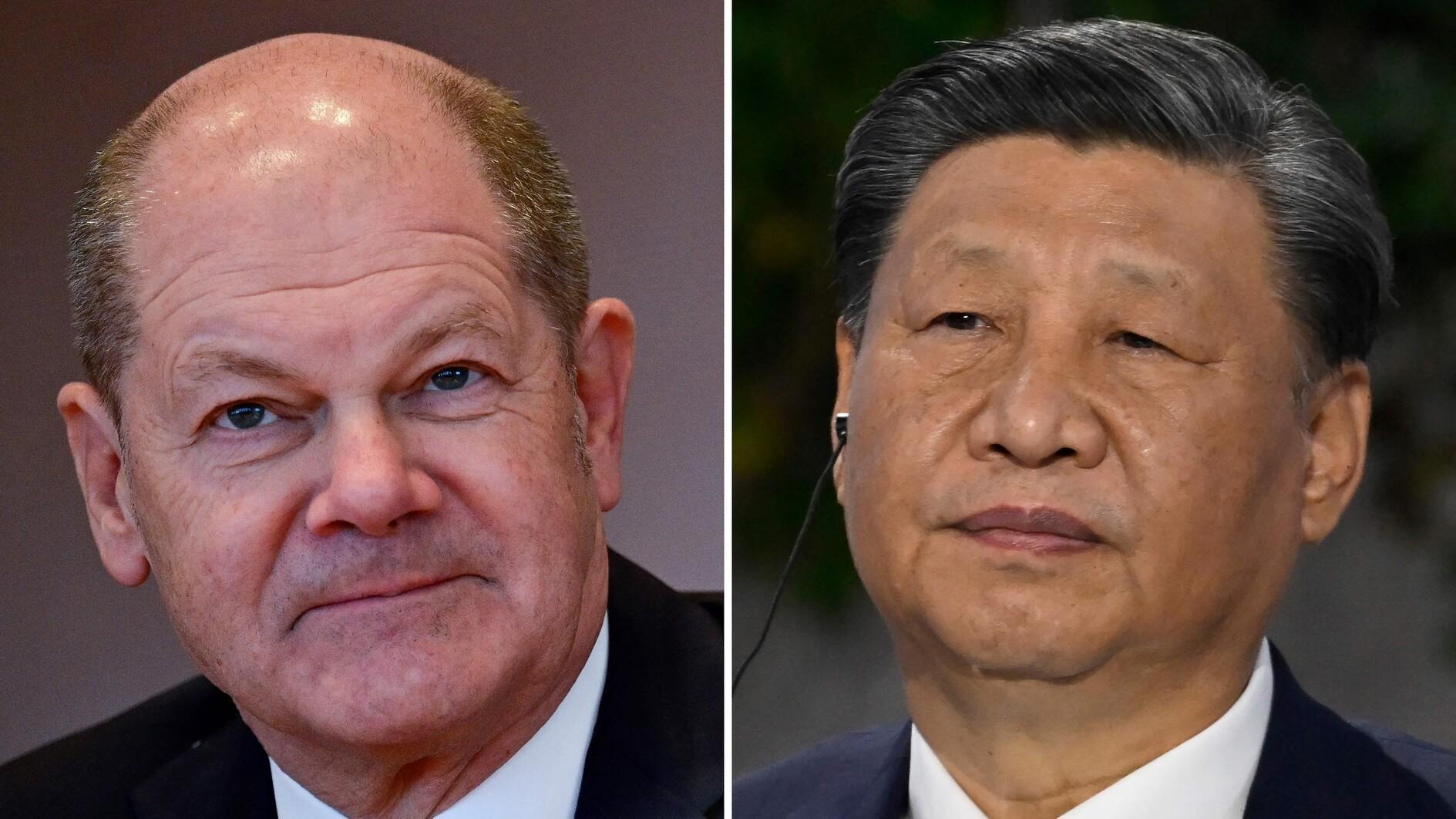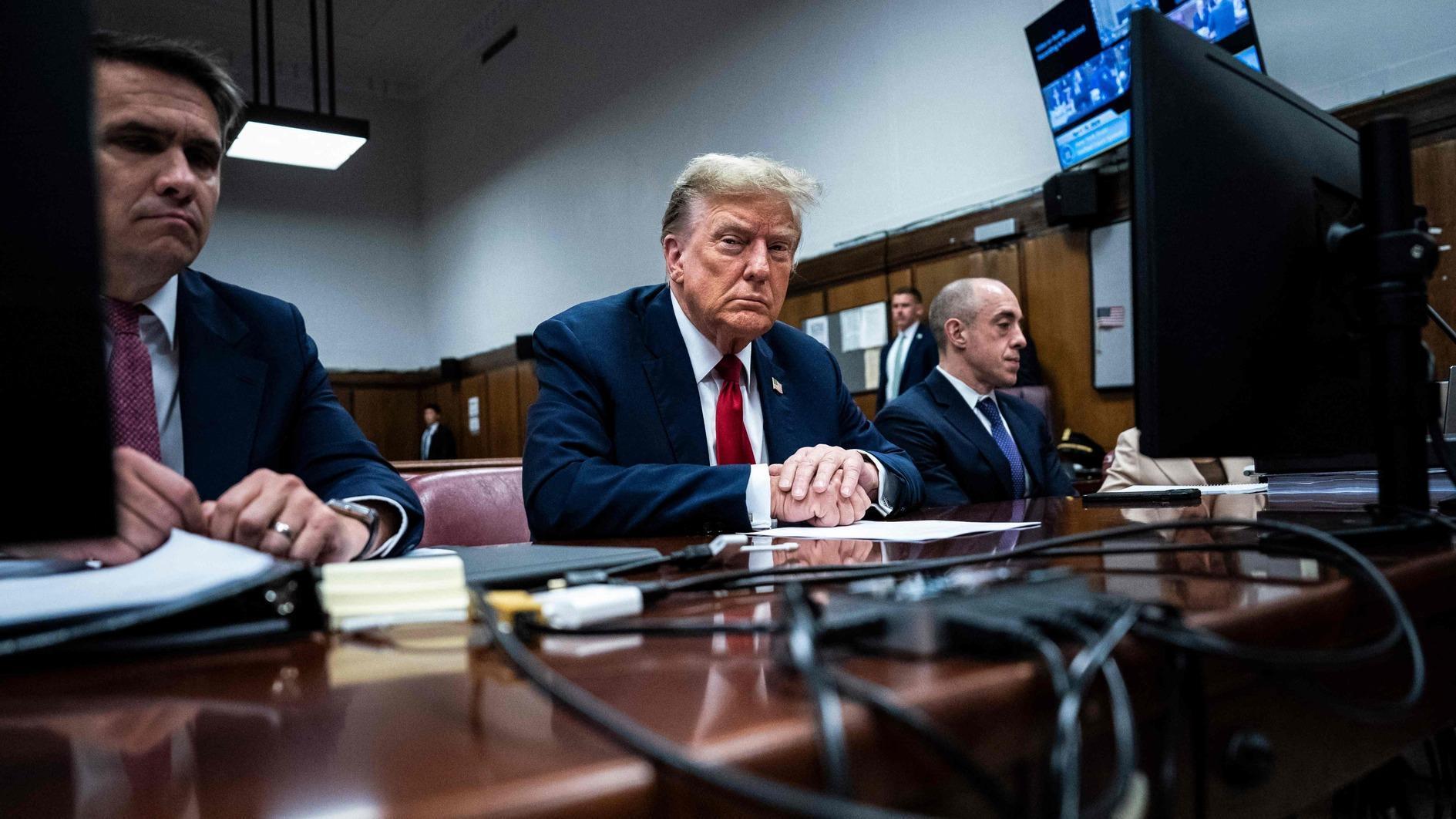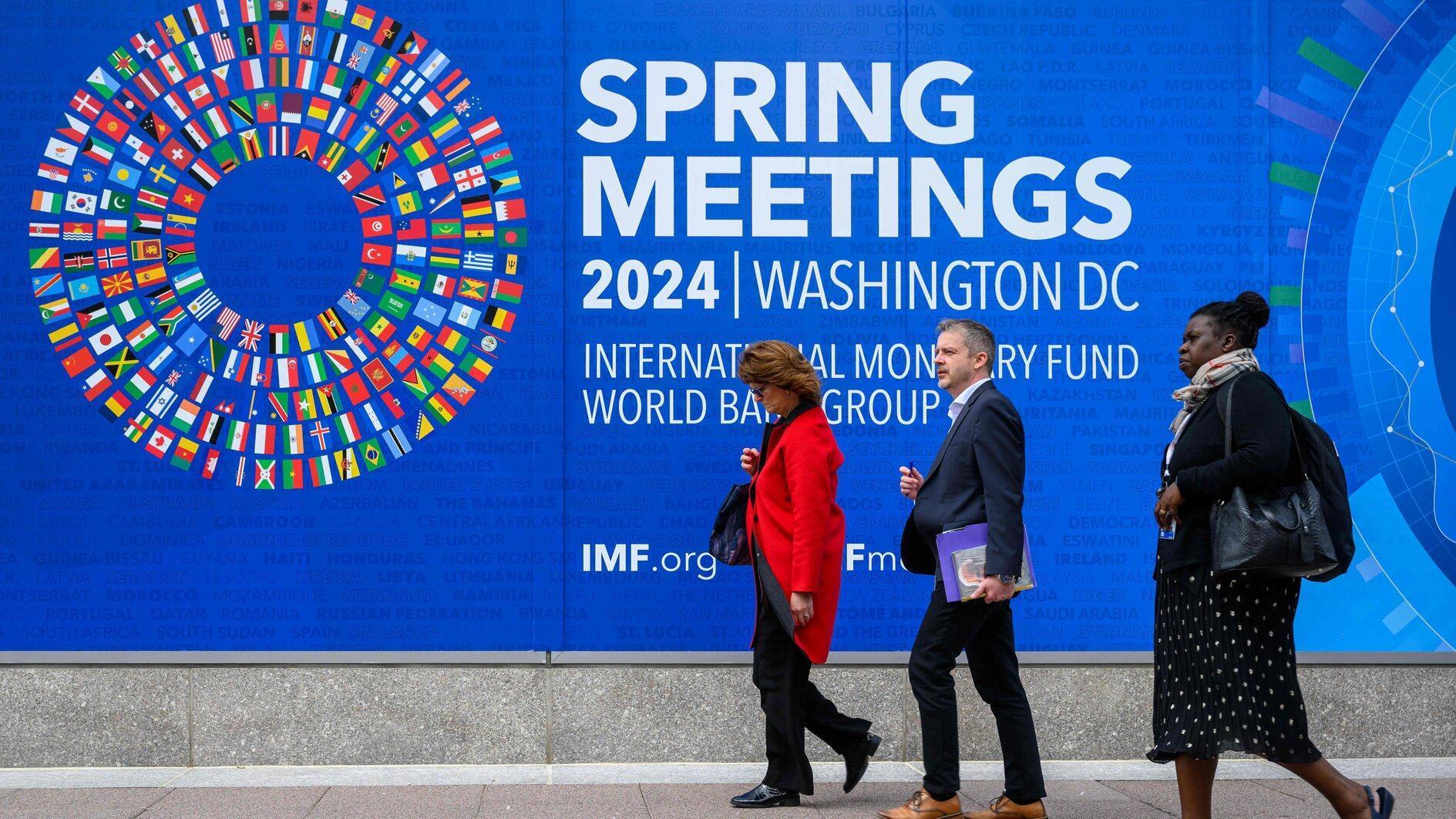Something unusual is going on in Ankara
News items reported from the Turkish capital Ankara over the last few weeks are not quite consistent with the political predictability that one may have expected from a single-party government led by a president who recently won a referendum gathering all executive power.
They are not necessarily all linked or interrelated, but listed below are some of those developments:
* The differences between the times cited by Prime Minister Binali Yıldırım to daily Hürriyet editor-in-chief Fikret Bila, in an interview on the anniversary of the July 2016 coup attempt, regarding contacts with National Intelligence Organization (MİT) head Hakan Fidan on the night of the coup attempt, and the times given by intelligence sources to Hürriyet columnist Abdülkadir Selvi. Selvi had included certain times - which were earlier than Yıldırım’s statements - in his recent book on the coup attempt, triggering a fresh debate about what actually happened on the night of July 15, 2016. Yıldırım repeated that he only reached Fidan with difficulty, at around 22:40 p.m., but failed to get proper information about the coup attempt.
* As part of that debate, details started to emerge about a meal at the MİT headquarters that evening between MİT chief Fidan, then Directorate of Religious Affairs (Diyanet) head Mehmet Görmez, and Syrian opposition representative Muaz al-Hatib. Selvi wrote - apparently based on information provided by Görmez - that in the middle of the dinner Fidan received a telephone and sent Görmez and al-Hatib to safer places escorted by MİT guards, saying it was an “urgent situation.”
* Selvi wrote that this meal took place after 22:00 p.m., which is not consistent with Turkish customs for evening dinner. But it would not have been usual for an intelligence chief, just back from the military headquarters where he discussed serious information about an attack on the intelligence HQ with Chief of Staff General Hulusi Akar. If the information is correct, then the dinner reportedly started after the pro-coup soldiers had already kicked off the coup attempt at around 21:00 p.m. What’s more, Akar and generals loyal to him were held by putschists in the military HQ at around 21:30 p.m., while the putschists had already started issuing martial law statements to army units and ministries, cutting off roads (including the Bosphorus Bridge in Istanbul). Ordinary citizens had also already started to take to the streets against what they realized was a coup attempt.
* Shortly after a recent cabinet reshuffle on July 19, in which Deputy Prime Minister Numan Kurtulmuş - who used to be in charge of the Diyanet - was moved to the Culture and Tourism Ministry by President Erdoğan, reports about Görmez resignation started to appear in media close to the ruling Justice and Development Party (AK Parti). The Diyanet head is a powerful post, as the directorate has a bigger budget and employs more people than many other ministries them. There were unconfirmed whispers in the political backstage that ranking government officials may have politely asked Görmez to find an honorable excuse to resign.
* In the meantime, Foreign Minister Mevlüt Çavuşoğlu had a telephone conversation with his German counterpart Sigmar Gabriel on July 21 in a bid to contain the crisis with Germany. No statements from either side were made about the content of the talk. Part of the crisis is Germany’s refusal to return Turkish military officers asking for asylum after the failure of the coup attempt, believed to have been masterminded by U.S.-based Islamist preacher Fethullah Gülen. Another part is about mutual espionage accusations. Ankara claims that a German journalist and a German human rights defender are in prison in Turkey on suspicions of spying on behalf of the outlawed Kurdistan Workers’ Party (PKK), while Berlin says a number of Diyanet officials in Germany have been spying on Turkish-origin people in anti-Gülen operations.
* On July 24, President Erdoğan told journalists that he had no plans to remove Görmez from office, but Görmez wanted to take a higher academic post, such as at the International Islamic University to be established in Istanbul. The university will reportedly support a “correct interpretation” of Islam, with AK Parti circles hoping it could emerge as an alternative to Islamic universities in Saudi Arabia and Egypt. Erdoğan’s statement on Görmez coincided with the al-Aqsa Mosque crisis with Israel and his own trip to Saudi Arabia, Kuwait and Qatar within the framework of Qatar crisis.
* Despite political statements from Germany that it would take severe measures against Turkey, it was announced on July 27 that four of the eight consortiums applying for Turkey’s biggest ever wind energy production tender (worth $1 billion) were led by German companies.
* Görmez asked for retirement on July 31, which the government accepted amid reports that he may ultimately become rector of the to-be-established university, though no fixed dates have yet been announced.
* On Aug. 1, Çavuşoğlu said at the Islamic Cooperation Organization (OIC) meeting in Istanbul that Israel had taken a step with “common sense” following reactions against the al-Aqsa Mosque crisis. On the same day, one of the key cases regarding the July 2016 coup attempt started in Ankara, trying 486 suspects who allegedly took part in the putsch at the Akıncı Air Base near Ankara. On the night of the coup, pro-coup soldiers kidnapped and held General Akar and his loyal team at the base after seizing it at around 21:00 p.m., an hour before the reported meal started at the intelligence headquarters between Fidan, Görmez and the Syrian opposition representative.
* On Aug. 2, the Supreme Military Council convened and retired three force commanders. Akar was kept in his position, while a restructuring of the military was hinted at.
* On Aug. 3, a consortium led by German company Siemens (which has a 160-year history in Turkey) won the wind energy tender. The same day, European Commission President Jean-Claude Juncker told German broadcaster ARD that cutting the EU’s ties with Turkey was “out of the question,” and Brussels “could not let Turkey slip into oblivion.”
All these developments may or may not be related, but taken together they indicate that something interesting is going on behind closed doors in Ankara. Those watching closely may witness key new developments soon.











